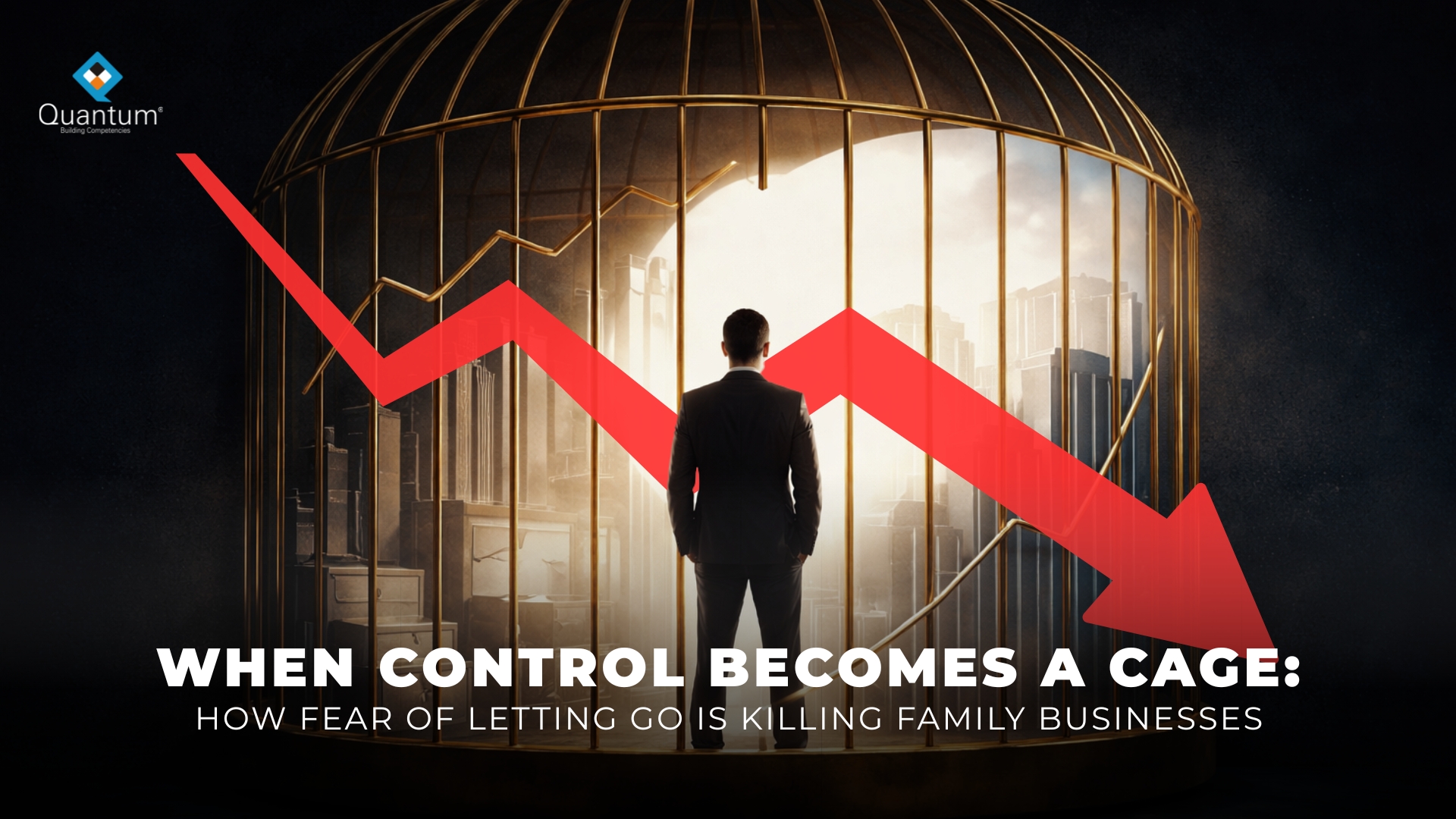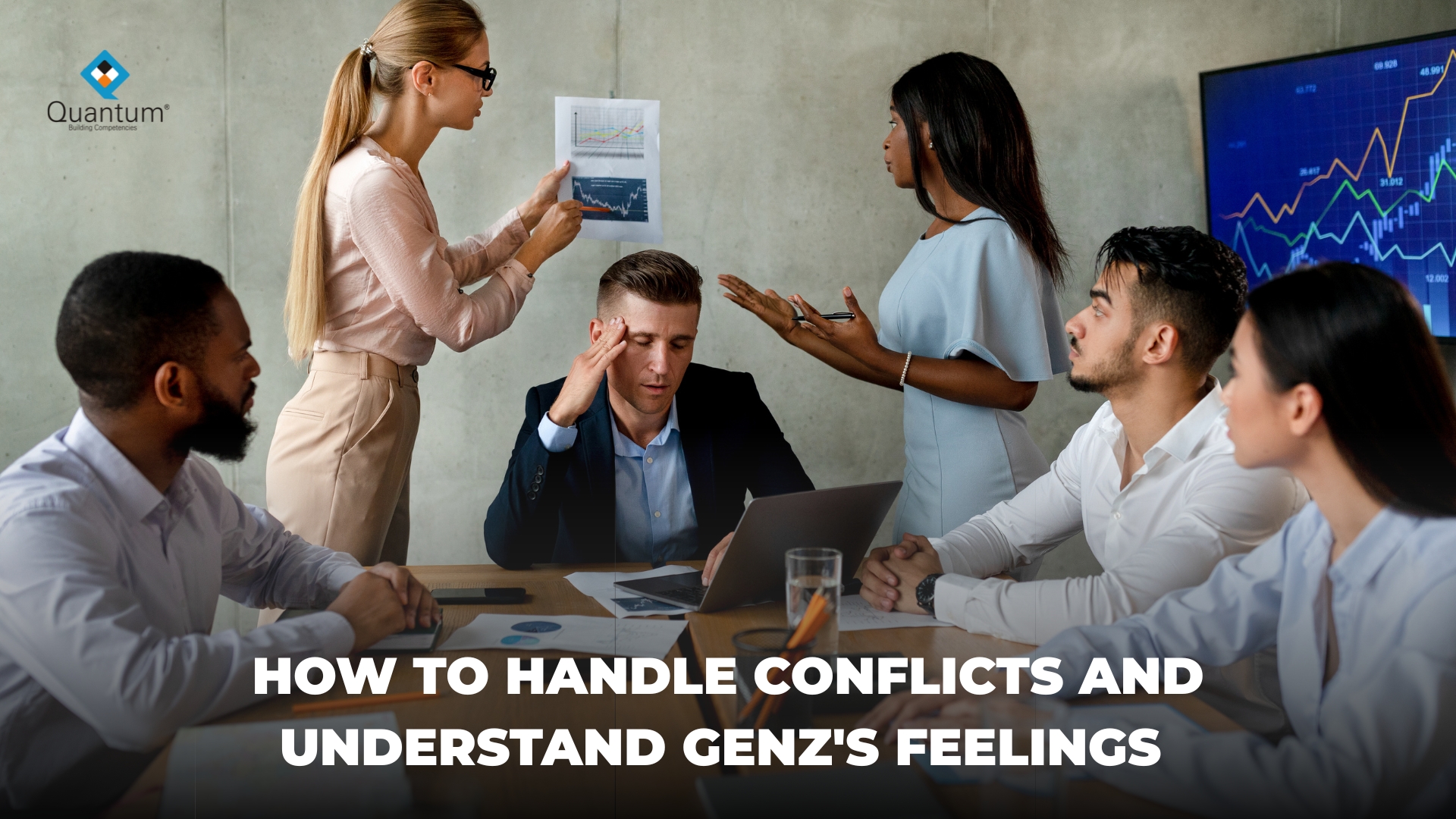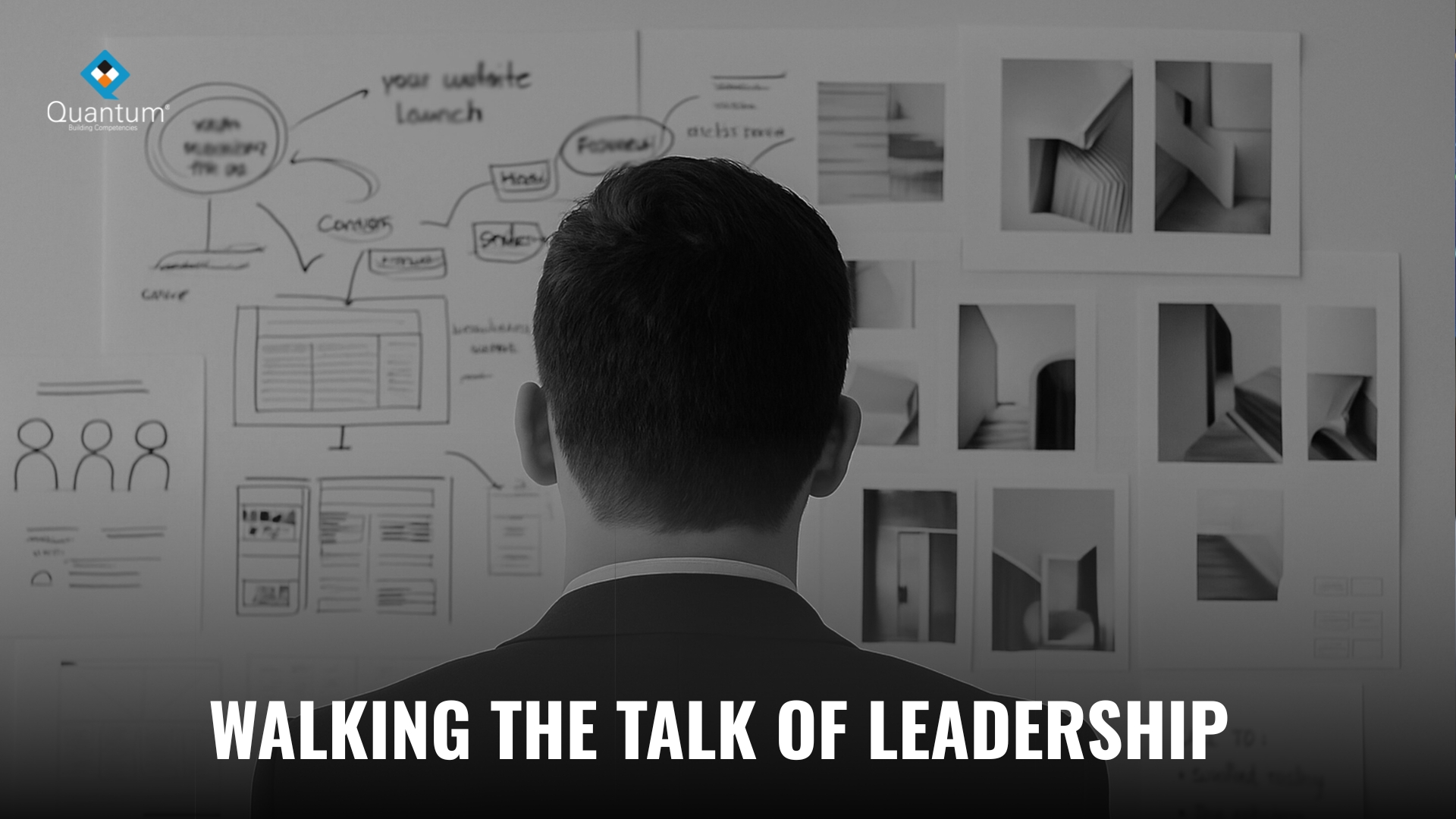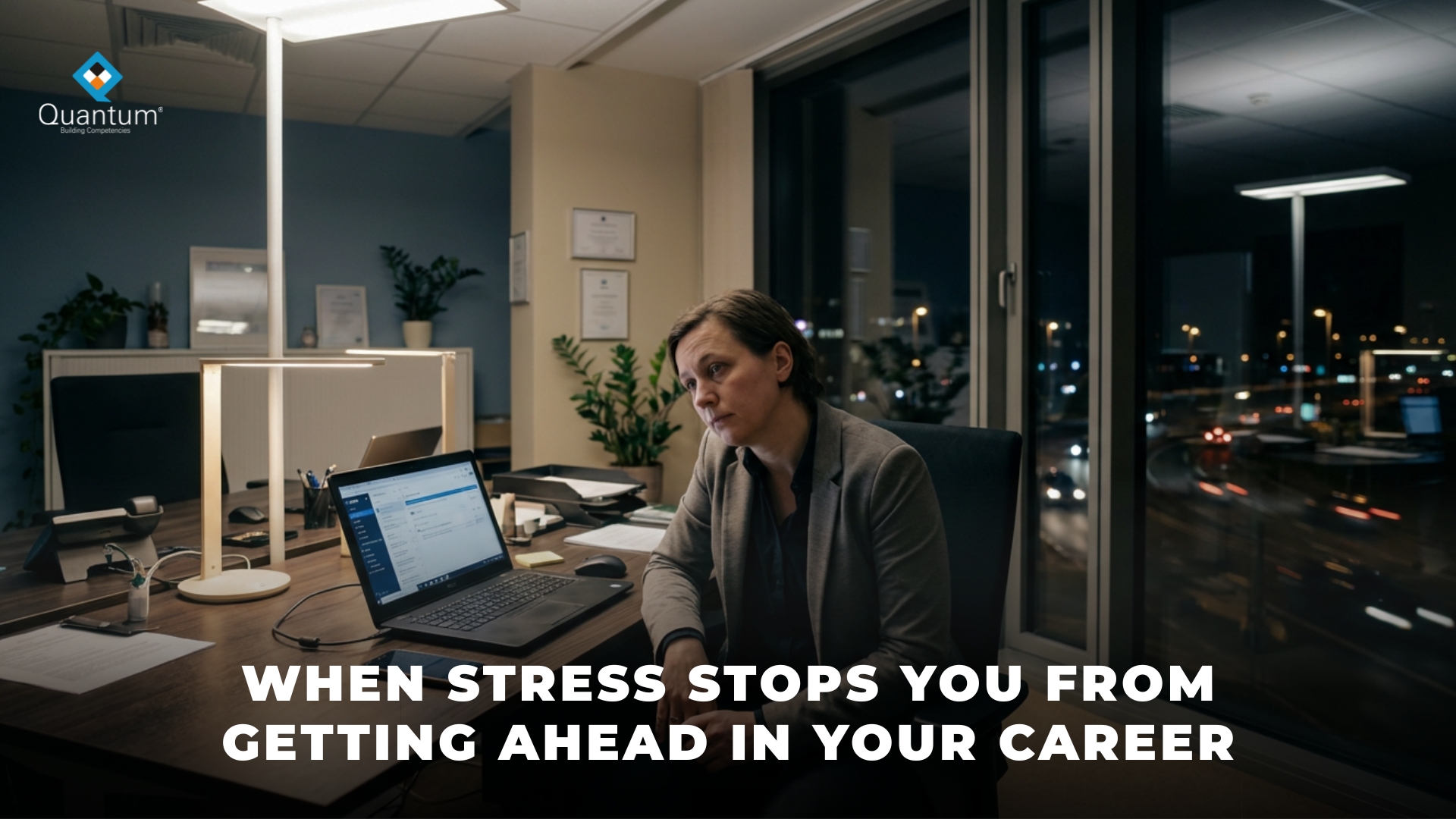
When Control Becomes a Cage: How Fear of Letting Go is Killing Family Businesses
Scene 1:The Sharma & Sons Pvt. Ltd. boardroom on Monday morning Arjun, the son, said, “Dad, I think we should

We live in an interesting time when two worlds come together every day.
On one side, we have Gen Z—the digital natives who were born into a world where Wi-Fi is oxygen, cellphones are like extra hands, and information moves quicker than dinner table talks.
Their parents, employers, and leaders are on the other side. They come from a time when “computers were luxuries,” the internet was a luxury, and “connection” meant a landline phone and a handwritten letter.
There will always be emotional tension between these two realms.
But we need to know their worldview before we can really grasp Gen Z’s emotional responses.
The Gen Z Mindset: Individualistic, Aware, and Fiercely Independent
Gen Z doesn’t simply live online; they think online as well.
They grew up in a world where everything is connected and they can get to “global ideas, movements, and crises” right away.
This has made them into a generation that:
Values Individualism: They don’t feel the need to follow traditional rules like their family-driven elders do. Marriage and kids aren’t automatic steps; they’re choices that people make only if they can really commit to doing the right thing.
Looks for Meaning, Not Just Pay cheques: Gen Z doesn’t just want a job with a good title or a lot of money. They want to do work that matters, have flexible hours, and work for companies that share their ideals, especially when it comes to climate change, sustainability, and social justice.
Has Clear Priorities: They know what they want and aren’t afraid to say it, whether it’s a work-life balance, a side job, or a break from the usual path.
Asks for openness: They grew up when social media made everything public. If you’re hiding something, they might find out before you complete your sentence.
The Real Problems They Are Facing
Gen Z is dealing with “real-world crises” that affect them personally, unlike prior generations who were more concerned with what society thought of them:
Inflation and Unemployment: Rising costs of living and insecure job markets have made a generation always apprehensive about their financial stability.
Climate Anxiety: They really worry about the world, unlike the people who came before them. A lot of people have “eco-anxiety,” which is a true dread about what will happen to the environment in the future.
Political Instability & Social Justice: They are very aware of unfairness and inequality and are ready to call it out, both online and in person.
This means that their emotional landscape is full of caution, urgency, and activism, which makes them very involved but also emotionally weak.
The Fight Between Generations: When Digital Meets Analogue
This is where the sparks fly:
Gen Z’s perception of the world often doesn’t match up with that of parents, grandparents, and senior leaders who grew up in very different times.
Example 1: The Career Debate
Parent: “Work for the same company for 20 years and you’ll have a stable job.”
Gen Z: “I’m out if I don’t see growth and purpose in 20 months.”
Example 2: Marriage as a Goal
Parent: “You’re 28. It’s time to calm down.
Gen Z: “I’ll settle down when I know I can be a good partner and parent, not because of a birthday.”
Example 3: Work Ethics
Boss: “Work late hours, just like we did to show loyalty.”
Gen Z Employee: “It’s not about how many hours you spend sitting in a chair; it’s about how well you do your job.”
These fights aren’t about “rebellion,” but rather “different ideas of success and happiness.”
For Gen Z, personal satisfaction is more important than social approval.
How complicated Gen Z’s feelings are
Gen Z is very emotional, even if they are brave and independent.
The same hyperconnected environment that offers them knowledge also makes them feel that they are always being compared to others, facing global issues, and getting too much information.
As I say in Navigating Through Emotions, technology makes emotional triggers worse today:
A single tweet can make a lot of people angry. Instagram feeds can make people feel bad about themselves in seconds. They may watch live streams of global disasters on their personal devices, which makes them feel both educated and powerless.
This makes a “high-pressure emotional ecosystem” where resilience is not a choice; it’s “survival.”
How to Deal with Conflicts: The Next Step
Emotional intelligence needs to be at the center of efforts to bring Gen Z and other generations together. Here’s how:
1. Listen Without Judgement: Don’t call their opinions “immature”; instead, try to figure out why they think that way.
2. Empathy in Leadership: Both bosses and parents need to stop being “command-and-control” and start being “coach-and-connect.”
3. Shared Learning Spaces: Gen Z can teach older people about new ideas and technology, while older people can offer their knowledge and expertise.
This “two-way exchange” makes things easier and creates respect.
4. Teach Emotional Skills: Schools, workplaces, and families should teach emotional skills as well as technical ones.
The first step to dealing with disagreements well is to understand your feelings.
Why This Is Important?
Gen Z’s emotional reactions aren’t random outbursts; they’re signs of a generation facing problems like never before.
If these feelings are not paid attention to or understood, they can cause people to feel alone, leave their jobs, and even cause problems in society.
But if Gen Z’s enthusiasm, creativity, and ideals are recognised and channeled, they can drive innovation and progress like never before.
Last Thought
Gen Z isn’t “difficult”; they’re “different” because they grew up in a world that older generations didn’t know about.
What looks like revolt is really just a “call for authenticity, empathy, and change.”
If we can learn to deal with our own feelings and those of others, we won’t just settle arguments; we’ll also make a future where many generations can live together in harmony.
At the end of the day, conflict isn’t a wall; it’s a bridge that needs to be built.
© Dr. Pratik P. SURANA (Ph.D.)
Quantum Group.
#GenZ #EmotionalIntelligence #Leadership #FutureOfWork #NavigatingEmotions #ConflictResolution #EQ

Scene 1:The Sharma & Sons Pvt. Ltd. boardroom on Monday morning Arjun, the son, said, “Dad, I think we should

“Culture eats strategy for breakfast.” What most leaders forget is that culture eats leaders first. Peter Drucker articulated this decades

“Hey, do you ever feel like you don’t have any energy?” That’s how a recent talk with a 42-year-old IT